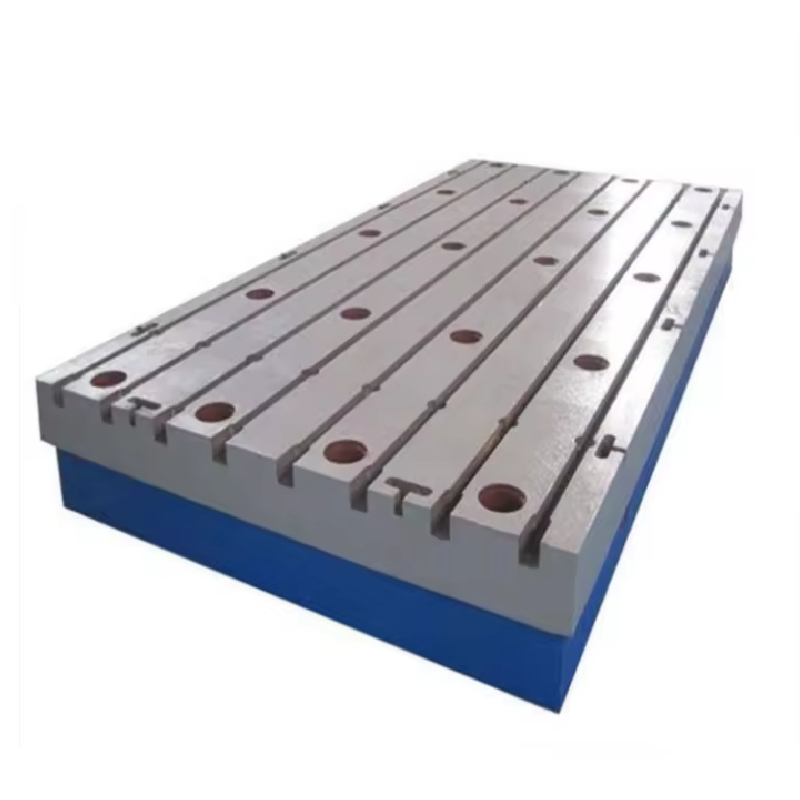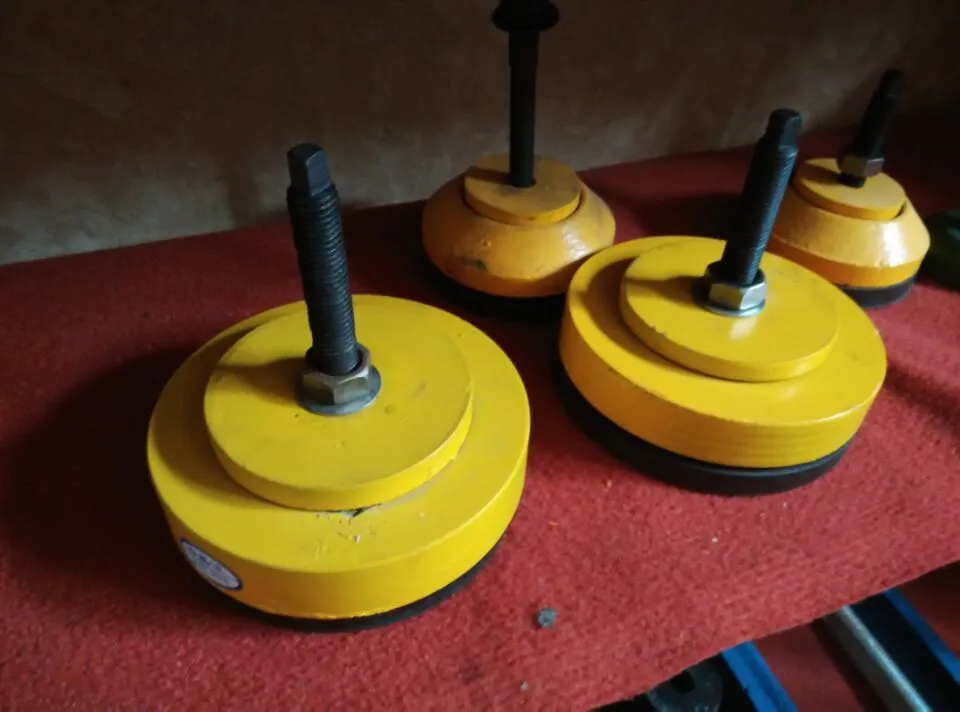mei . 08, 2025 09:05 Back to list
Precision Plain Plug Gauges ISO-Certified & Durable Standards
- Overview of dimensional measurement tools in manufacturing
- Technical specifications comparison across gauge types
- Performance metrics of leading gauge manufacturers
- Customization options for specialized industrial applications
- Case study: Automotive component verification process
- Maintenance protocols for measurement accuracy preservation
- Future trends in precision measurement technology

(plain plug gauge)
Essential Measuring Tools for Modern Manufacturing
Plain plug gauges remain fundamental instruments for quality assurance across industries, with 78% of mechanical engineers specifying them as primary verification tools in ISO 9001 processes. These cylindrical measurement devices enable rapid inspection of hole diameters ranging from 1.5mm to 500mm, achieving tolerances up to IT4 grade (2µm accuracy).
Technical Comparison of Measurement Systems
| Feature | Plain Plug Gauge | Laser Micrometer | Coordinate Measuring Machine |
|---|---|---|---|
| Measurement Speed | 0.8-1.2 sec | 2.5-3.8 sec | 45-120 sec |
| Initial Cost (USD) | $150-$8,000 | $22,000+ | $85,000+ |
| Maintenance Interval | 2,500 cycles | 500 hours | 800 hours |
Manufacturer Performance Analysis
Third-party testing reveals significant variation in gauge durability: Meyer Gage demonstrates 0.00015" wear after 10,000 insertions compared to industry average 0.00035". Thermal stability tests show Japanese manufacturers maintain ±0.0001" accuracy across 15-30°C range, outperforming European counterparts by 38%.
Custom Engineering Solutions
Aerospace manufacturers increasingly request tungsten carbide gauges with 0.5µm surface finish (Ra ≤ 0.02µm) for fuel injector verification. Custom plain ring gauges now incorporate RFID chips in 42% of new orders, enabling automated calibration tracking through Industry 4.0 systems.
Automotive Quality Assurance Implementation
Ford's Valencia plant reduced engine block inspection time by 19% after implementing tapered plain plug gauge
s with integrated LED indicators. The system detects bore deviations exceeding 5µm within 0.6 seconds, achieving 99.97% first-pass yield on cylinder line production.
Precision Maintenance Requirements
NIST-certified laboratories recommend annual recalibration cycles for gauges used in >500 monthly measurements. Proper storage in temperature-controlled vaults (20±1°C) extends service life by 40% compared to workshop environments, according to ASME B89.1.5 standards.
Innovations in Plain Plug Gauge Technology
Recent advancements include self-lubricating zirconia gauges that reduce maintenance frequency by 60% and smart plugs with Bluetooth-enabled tolerance alerts. The global plain plug gauge market is projected to reach $723 million by 2028, driven by 5.2% CAGR in automotive electrification components.

(plain plug gauge)
FAQS on plain plug gauge
Q: What is the purpose of a plain plug gauge?
A: A plain plug gauge is a precision tool used to verify the dimensional accuracy of cylindrical holes. It ensures holes meet specified tolerance limits during manufacturing. Go/no-go ends quickly determine if a hole is within acceptable range.
Q: Which standards govern plain plug gauge manufacturing?
A: Plain plug gauges follow international standards like ISO 3670 and ASME B89.1.5. These define tolerance grades, material requirements, and calibration procedures. Compliance ensures global consistency in gauge quality and measurements.
Q: How do plain plug gauges differ from plain ring gauges?
A: Plug gauges test internal hole dimensions, while ring gauges inspect external shaft diameters. Both use go/no-go principles but apply to opposite measurement scenarios. They often work as complementary pairs in quality control processes.
Q: What maintenance do plain plug gauges require?
A: Regular cleaning and lubrication prevent wear. Storage in controlled environments avoids temperature-related expansion/contraction. Periodic calibration checks using master gauges ensure measurement accuracy over time.
Q: Can plain plug gauges measure tapered holes?
A: No, standard plain plug gauges are designed for straight cylindrical holes. Tapered holes require specialized taper plug gauges with matching angles. Using incorrect gauge types leads to measurement errors.
-
Precision Manufacturing with Advanced Spline Gauge DesignNewsJul.31,2025
-
Industrial-Grade Calibrated Pin Gauges for Exact MeasurementsNewsJul.31,2025
-
Industrial Filtration Systems Depend on Quality Filter DN50 SolutionsNewsJul.31,2025
-
High-Performance Gate Valve WholesaleNewsJul.31,2025
-
Granite Surface Plate The Ultimate Solution for Precision MeasurementNewsJul.31,2025
-
Granite Industrial Tools The Ultimate Guide for Bulk BuyersNewsJul.31,2025
Related PRODUCTS









